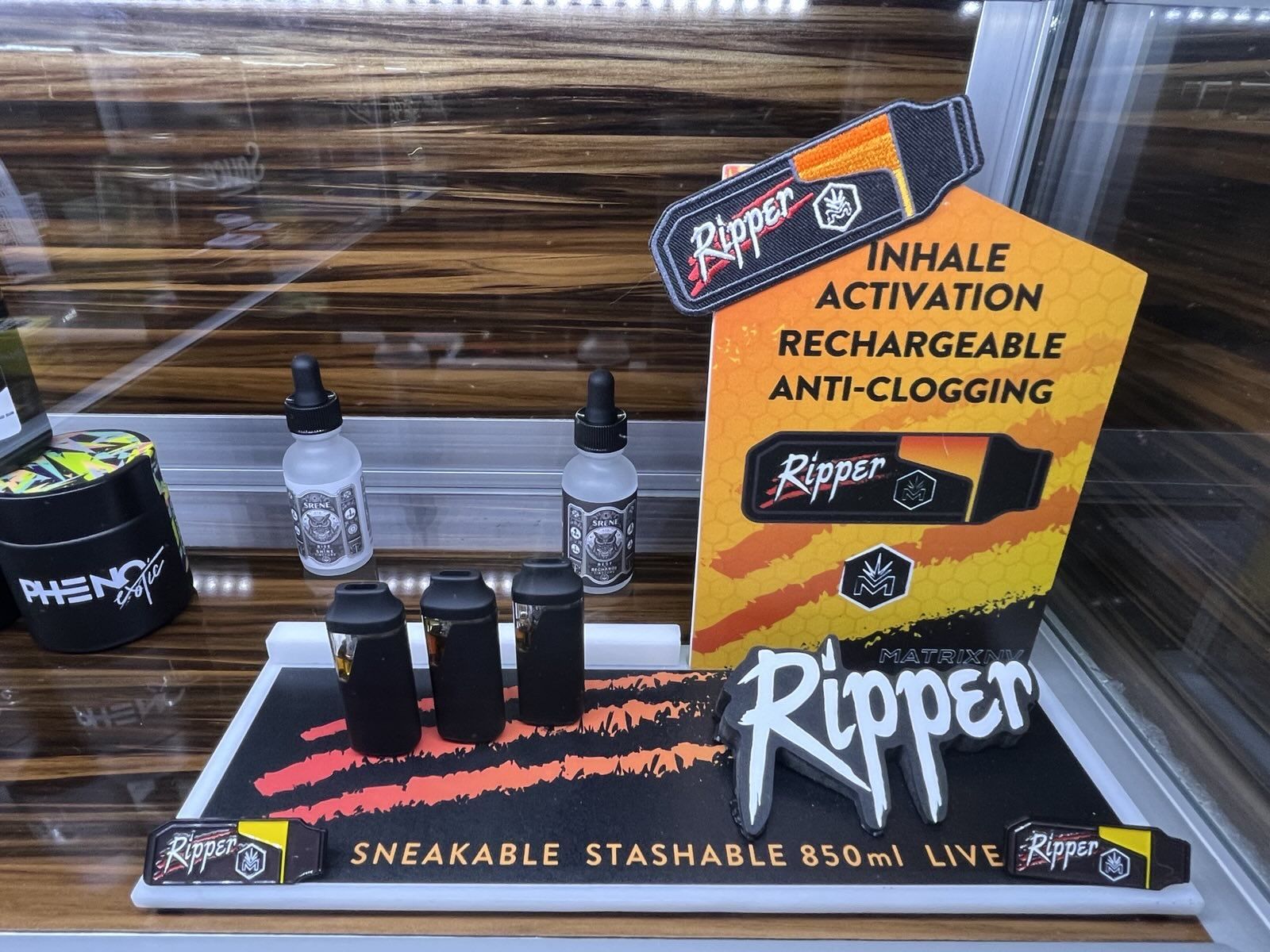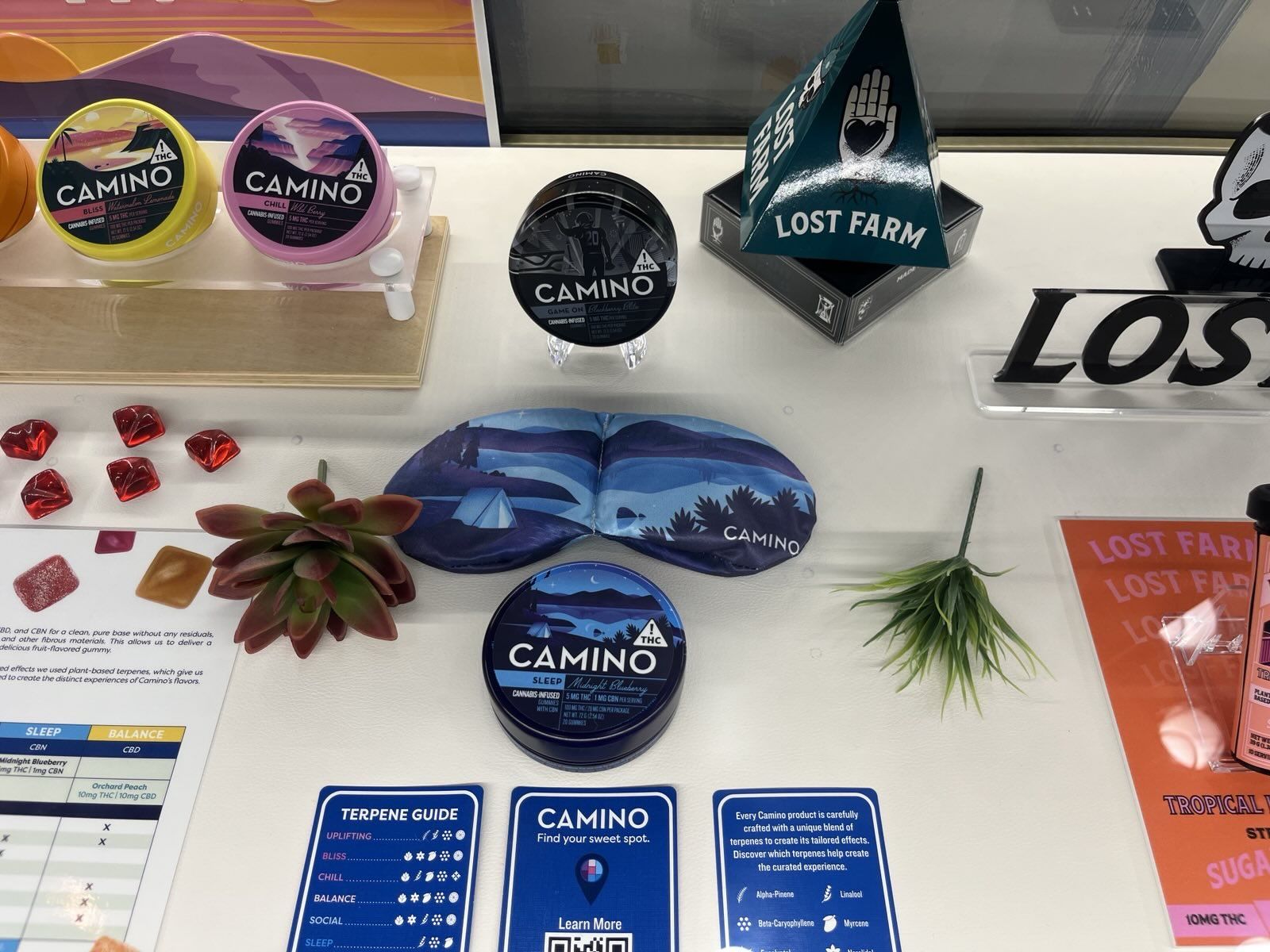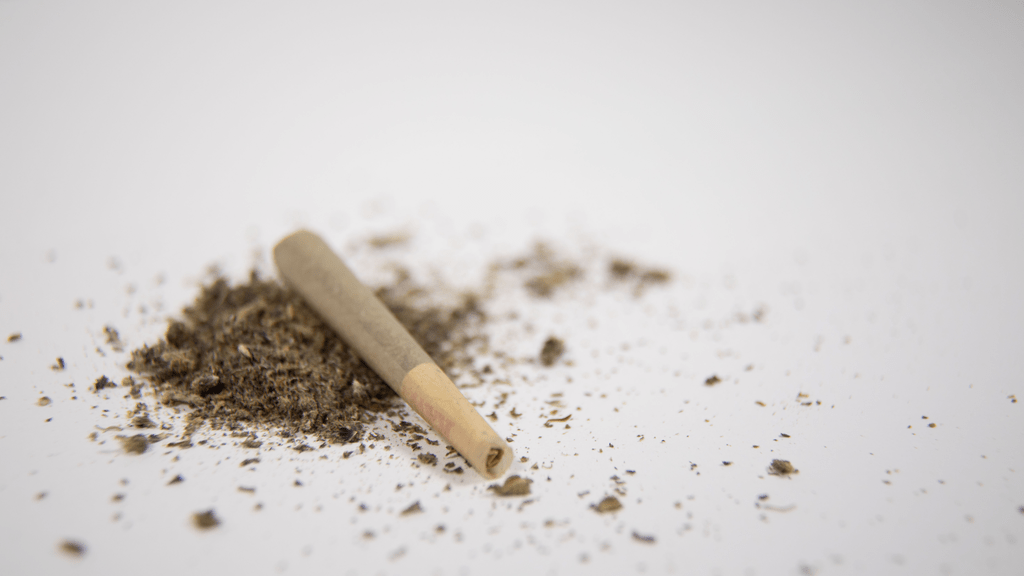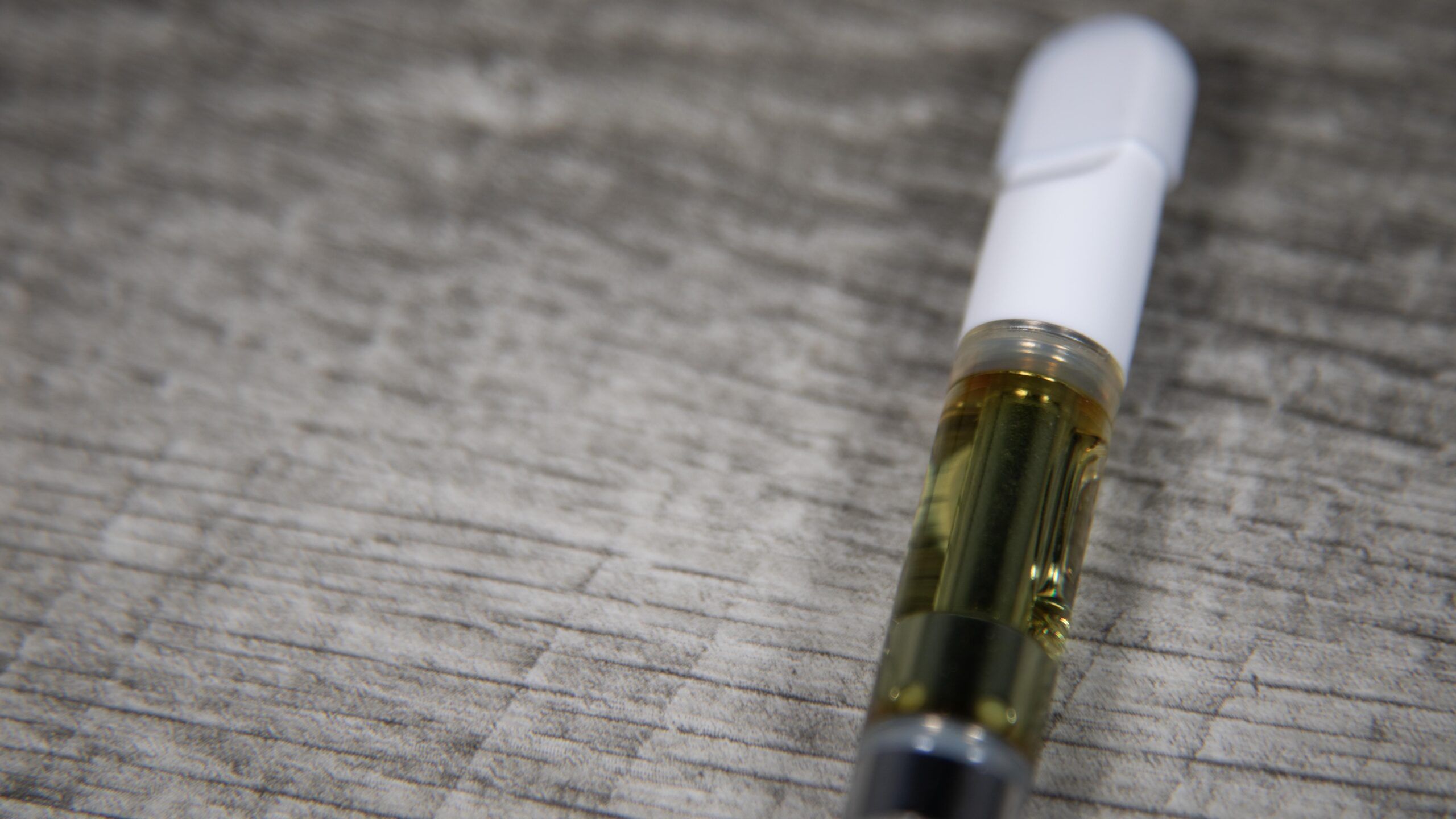-
Why Shoppers Are Choosing Private Labels Over Big Brands
Read more: Why Shoppers Are Choosing Private Labels Over Big BrandsIn recent years, private label cannabis products have gained significant traction in dispensaries across the United States. Once overshadowed by flashy, well-marketed big-name brands, private…
// Blogs
Recent Posts
-
Can Store-Owned Brands Outperform Big Names in Cannabis Retail?
Here’s the business case, in plain terms: private label cannabis can be more lucrative than national-label inventory—when it’s run with discipline. Brands and multi-store operators are facing persistent price compression…
-
How Technology Is Powering the Growth of Private Label Cannabis
The cannabis industry is evolving rapidly, and private label products are becoming a cornerstone of growth. While consumer demand for affordability and exclusivity drives this trend, technology is quietly reshaping…
-
What’s Driving the Popularity of Private Label Cannabis Worldwide?
Private label cannabis products—those manufactured by one company but branded and sold under another’s name—have grown into a powerful retail strategy in the U.S. dispensary space. But are these products…




